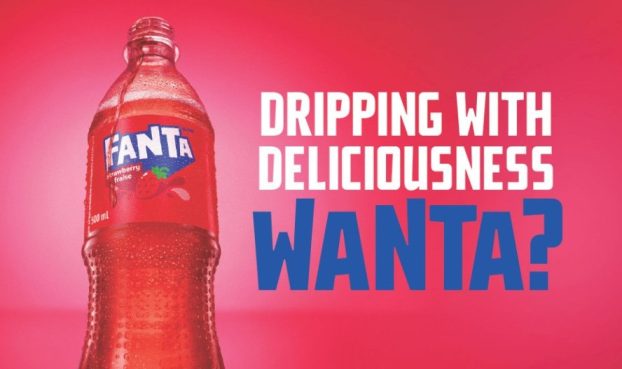We look at three events in which marketers have been able to enhance their image, sell more product and leverage their sponsorship budget through a tightly-focussed approach to event marketing. As one marketer put it, ‘We only become involved in events where we are the focus, where we are the excitement.’ For more on event marketing, see our Event Marketing column by Michael Lang on page 16 in the Perspectives section.
When coverage of Formula One Racing, Shell Canada’s most influential marketing vehicle in Quebec, stalled in the late 1980s, the company chose to jump-start media attention rather than let it die.
Formula One racing, always popular in Quebec, began to struggle in the ’80s after the death of Quebec racing star Gilles Villeneuve.
His death in a racing accident in Belgium came at a bad time for the sport.
It meant the loss of one of Canada’s most successful sports figures just as the attention of the media was waning because of the prohibitively expensive nature of covering 16 races on five continents.
Shell, which had sponsored racing teams since the 1950s in order to attract automobile enthusiasts to its oil and lubrication products, was concerned about the decline of the sport in Quebec, and looking for ways to shift that trend into reverse.
On the advice of Stratcom International, a Montreal-based marketing consultancy, Shell decided to bankroll a correspondent who would give expert Formula One coverage to certain media in exchange for promotional opportunities.
Before the 1991 season, Stratcom, on behalf of Shell Canada, went to Reseau des sports (rds), the French-language equivalent of tsn, and negotiated a media package which let Shell finance media correspondent Christian Tortora and a tv production crew in exchange for the right to claim sponsorship of the coverage.
Now, Tortora travels the globe delivering on-site coverage of the Formula One events for rds’ newsdesk, and Shell is acknowledged as sponsor.
The arrangement seems to benefit everyone: Shell gets higher quality exposure and credit for the report, rds gets exclusive coverage of a popular event, and the Formula One fan gets in-depth coverage of an otherwise inaccessible race.
‘We provide a service to the network by giving them credible live on-site coverage of the events for their newscasts, and, basically, it’s not costing them a thing,’ says Andre Hudon, the account manager for Stratcom.
For longer reports, the network sometimes uses the reporter instead of having commentators in-studio working with a live feed.
‘It adds another dimension to the overall live broadcast, which under normal circumstances the media couldn’t afford,’ Hudon says.
A bonus is that by increasing coverage of the sport, Shell is able to give greater exposure to its own sponsored Formula One racing team.
The dangers associated with combining sponsorship and journalism seem to be mitigated by Tortora’s reporting credentials.
An experienced racing correspondent who already worked for rds and once worked for Societe Radio-Canada, the French-language public broadcaster, Tortora insists that he be given full licence to report the races fairly and accurately, just as he had done before the arrangement was made to cover his expenses.
‘He’s the best-suited person to do it,’ Hudon says. ‘He’s got contacts with the drivers and the organizers, and if he needs an interview, he’s got access.’
‘We had to make sure the person has on-site credibility,’ he says. ‘It becomes an advertorial otherwise, and that is not what we intended to do.’
Without the arrangement, Hudon believes the sport would not get the same level of coverage because the network would depend on the same satellite feed used by other news organizations.
‘Instead, we have a guy saying `Here I am live, and here’s an interview with a driver.’ It really adds something for the audience.’
The arrangement with rds has since been extended to other media, including the newspaper Le Journal de Montreal, and Radio Media, both Quebec-based companies that, in exchange for coverage, give preferable media advertising deals to Shell.
Shell appreciates the opportunity to exploit its association with Formula One racing because it allows the company to continue sending a performance-oriented message to a specific target market.
‘Given the fact that we haven’t had the resources for a big campaign [in Quebec,] it’s been a very targeted marketing tool,’ says Vicki Haydu, manager of advertising at Shell Canada.
Haydu says being involved in Formula One coverage is a more efficient way of reaching car enthusiasts than regular tv advertising.
‘It’s very, very good value for money,’ says Haydu, who declined to divulge the cost of the program.
Haydu says determining the effectiveness of the Formula One initiative is a hard task, since most of Shell’s research has a national focus, but she believes the investment has been worthwhile.
‘I can’t directly draw any conclusions, but, if I thought it wasn’t successful, I wouldn’t continue,’ she says.
Haydu says she would consider expanding this program, or developing others like it, but the limited resources that led to this idea, for now anyway, prohibit any real expansion.























